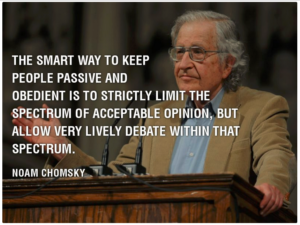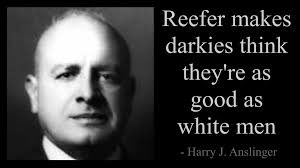
If National are the current governing party it is because they are the most popular, and if they are the most popular it stands to reason that understanding them will bring us a lot of insight into New Zealand. This article is a statistical analysis of the sort of person who kept the National Party in power during the 2014 General Election.
The simplest way to describe National voters is as the opposite of Labour ones. Generally they are wealthy, and wealth more than anything is what defines the National voter. The correlation between Personal Income and voting National in 2014 is 0.53, much stronger than it is for voting for any other party. Even ACT, stereotyped as the party of big business, has a correlation with Personal Income of only 0.36.
By being wealthy, National supporters naturally tend to feel that the control system is there for their benefit and to protect them. This explains why voting National in 2014 has a strong correlation of 0.76 with Turnout Rate. National Party supporters vote, vote and then they vote some more. A turnout rate of 0.76 means that even the thinnest conservative sentiment will see their supporters come out and vote, rain or shine.
Also by being wealthy, voting for National in 2014 tends to correlate with other correlates of wealth. With voting National in 2014 and Median Age the correlation is a very strong 0.81, which reflects the well-known phenomenon that turnout rate declines sharply the younger the demographic one looks at. Old people love to vote, and they love to vote conservative.
Although voting for National in 2014 is significantly negatively correlated with having no academic qualifications (-0.43) there is no significant positive correlation between voting National in 2014 and having a Master’s degree. As there is a significant positive correlation between having a Master’s degree and both voting Greens in 2014 (0.64) and voting ACT in 2014 (0.57) this might be difficult to understand until one realises that the National Party is the party of inherited wealth and class.
This is evident from the fact that Asians, who are more likely to be recent immigrants and thus less likely to inherit wealth from grandparents etc. (and who correspondingly have a non-significant correlation with Personal Income of 0.22 compared to the European 0.35) do not have a significant correlation with voting National in 2014 (0.09) but have an extremely strong correlation with voting ACT (0.85).
This reflects the foundational split on the right wing: if you want to start a business you tend to vote ACT; if you want to charge rent or inherit you tend to vote National.
This is evidenced by the fact that, although the correlation between voting National in 2014 and voting ACT in 2014 was significant, it was a weak 0.35. This is much weaker than the correlation between voting National in 2014 and voting Conservative in 2014, which was 0.77.
Another point of note is that while voting National in 2014 obviously has a very strong negative correlation with voting Labour in 2014 (-0.85), the strength of the negative correlation is greater between voting National in 2014 and voting New Zealand First in 2014 (-0.34) than it is between voting National in 2014 and voting Green in 2014 (-0.19).
This is probably because National and Green supporters share significant similarities that they do not share with New Zealand First voters, namely being white and wealthy. The correlation between voting National in 2014 and being of European descent is 0.60, whereas for Maoris the correlation is -0.75 and with Pacific Islanders it is -0.46. This pattern is similar with the Greens, who also attract Europeans and repel Pacific Islanders.
Interestingly, the correlation betwen voting New Zealand First in 2014 and being of European descent is a perfect 0.00 – which tells us that the National Party, in so far as it maintains class privilege, actually maintains the racial privilege that correlates with it much more aggressively than New Zealand First, although the latter is stereotyped as the party that attracts racial supremacists.
Those readers unfamiliar with this newspaper might be surprised at the massive correlation between voting National in 2014 and voting to change the flag in the second flag referendum: a whopping 0.95.
Considering that the correlations between voting National in 2014 and Turnout Rate in the first flag referendum (0.86) and the second flag referendum (0.83) were also very strong, it’s fair to say that the whole flag referendum project was pretty much a National Party vehicle (one that was perhaps intended to distract from more pressing issues).
*
This article is an excerpt from Understanding New Zealand, by Dan McGlashan, published by VJM Publishing in the winter of 2017.



